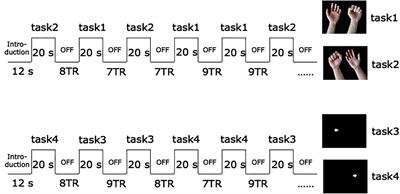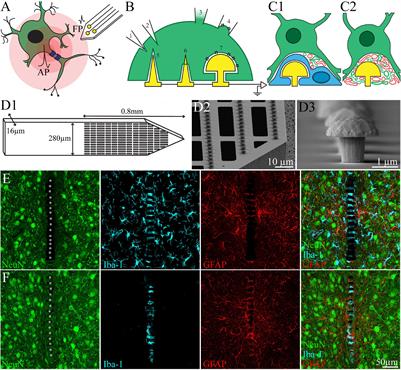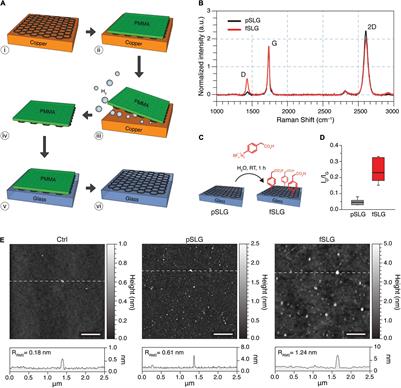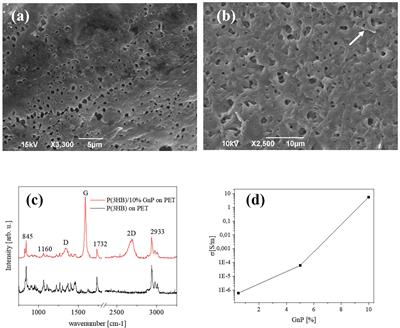ORIGINAL RESEARCH
Published on 22 Jul 2022
Channels and Features Identification: A Review and a Machine-Learning Based Model With Large Scale Feature Extraction for Emotions and ASD Classification
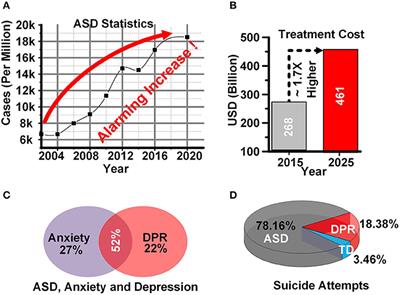
doi 10.3389/fnins.2022.844851
- 2,542 views
- 10 citations
